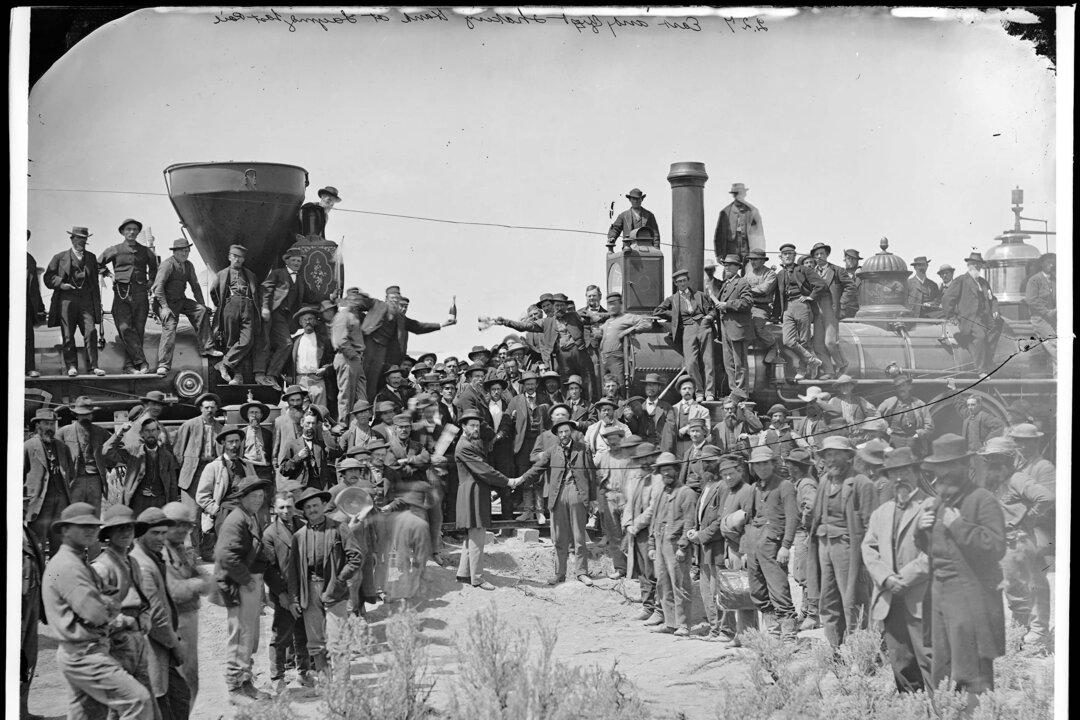Westward expansion is a most fascinating era of American history. It was a time of hope and chaos, promise and betrayal, hardship and serenity, and that hardly covers any of it. Elliott West, renowned historian and one of the finest writers, has penned a tome that is epically readable.
In his “Continental Reckoning: The American West in the Age of Expansion,” West begins with the California Gold Rush―a time when Americans were magnetically drawn across the beautiful and harsh terrain of the continent, or along the Atlantic, the Gulf of Mexico, across the Isthmus of Panama, and up the Pacific Ocean, to reach their destination. Lives were lost, fortunes were made, cities were built.






